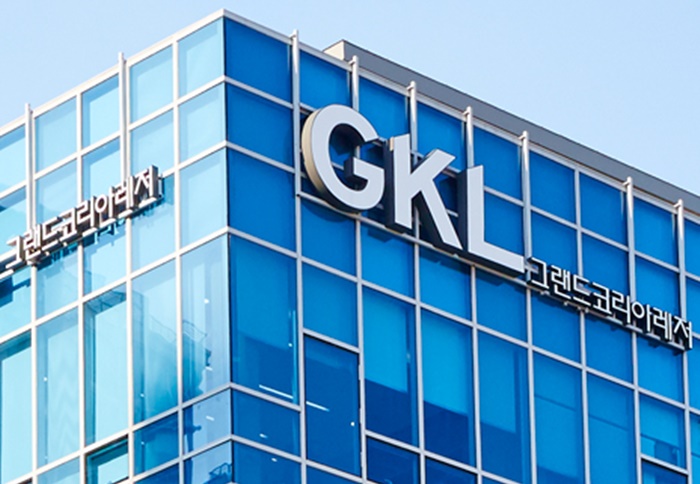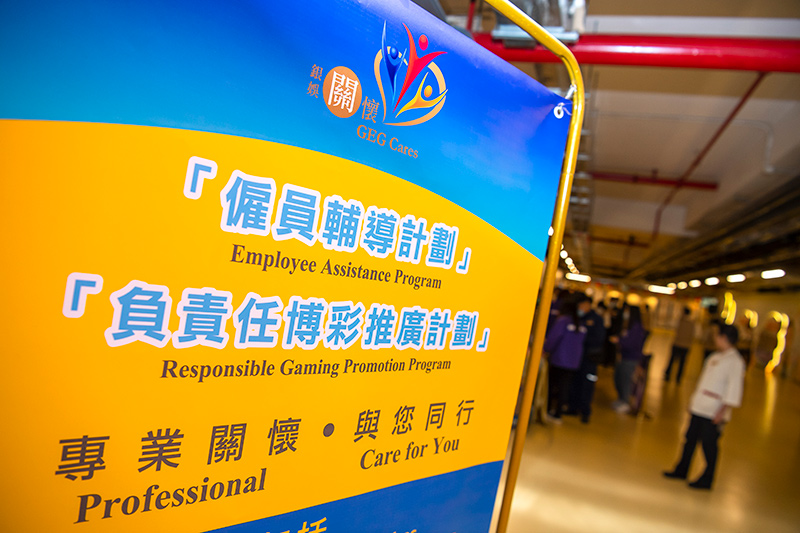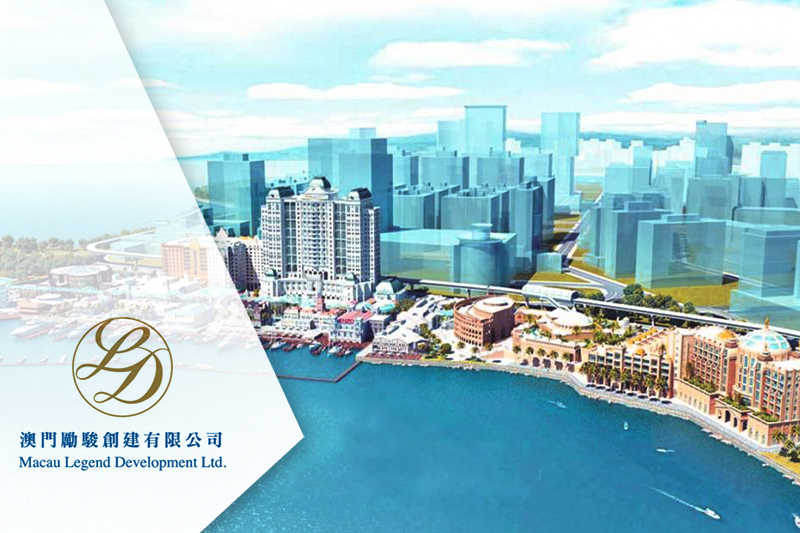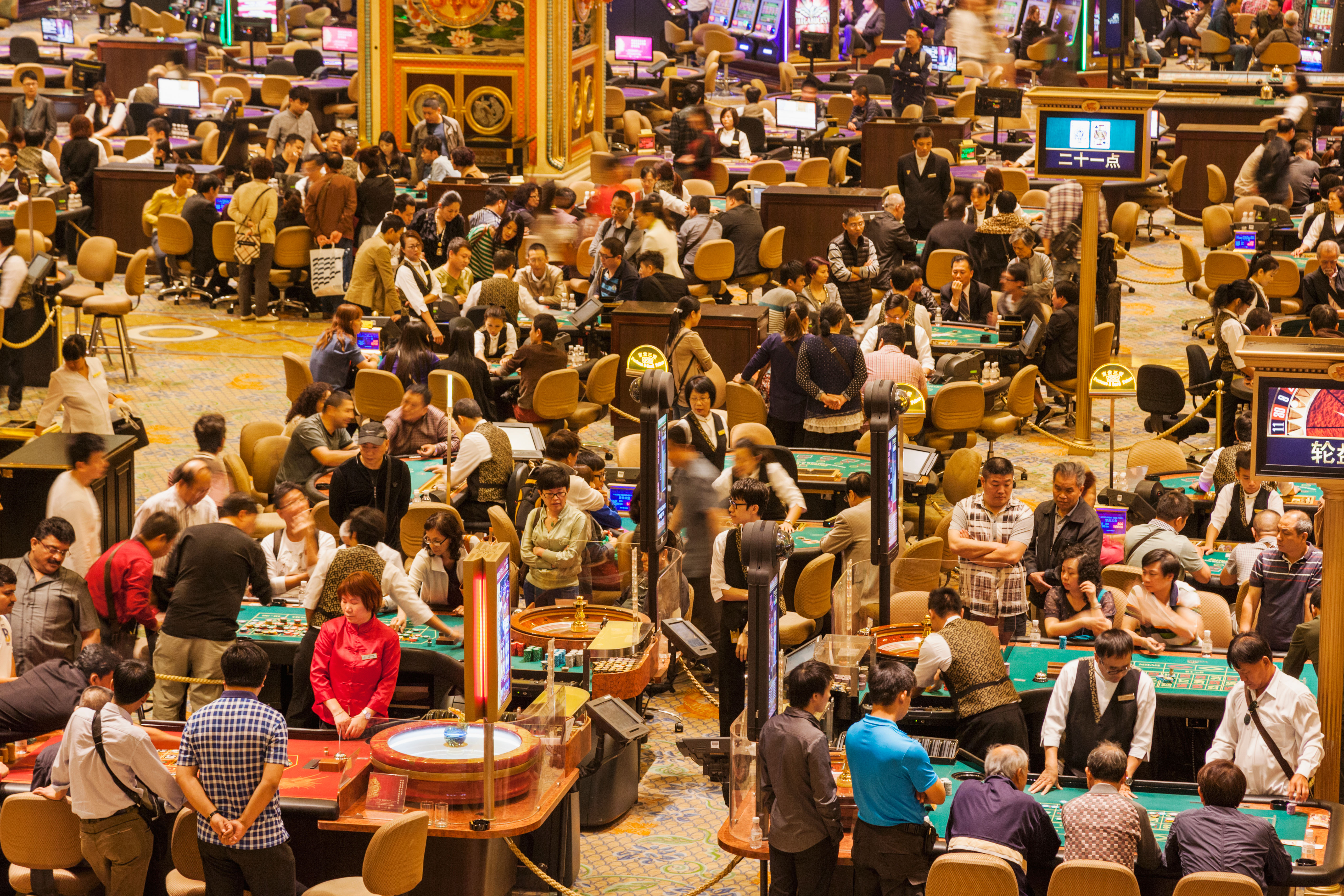
Philippines-based digital gaming operator DigiPlus Interactive is stepping up its push beyond traditional online gaming by expanding into lifestyle and entertainment-driven content, anchored by a high-profile partnership with boxing icon Manny Pacquiao. The company’s latest strategy highlights how regulated gaming platforms are increasingly blending pop culture, storytelling and celebrity influence to deepen user engagement and widen appeal across younger demographics.

South Korea’s state-backed casino operator Grand Korea Leisure (GKL) is reviewing strategic options to reduce rising operating costs at its Seoul casinos, including a potential property acquisition strategy, while firmly denying market rumours that it plans to build a new integrated casino resort in the capital.
Taken together, the two developments highlight GKL’s current priorities: cost efficiency and operational stability, rather than aggressive expansion.

Applications for exclusion from casinos in Macau surged 68% year-on-year in 2025, according to official figures cited by multiple regional gaming industry sources. The sharp increase underscores growing public awareness of responsible gaming measures—while also highlighting persistent social pressures linked to gambling activity in the world’s largest casino hub.

Macau Legend has publicly pushed back against claims surrounding the recent takeover of its Cape Verde development, stating it never agreed to release the project to the local government and is now formally challenging what it describes as an unlawful seizure of assets.

Macau’s gaming recovery is expected to continue in 2026—but at a more measured pace. According to recent analyst assessments, gross gaming revenue (GGR) growth is forecast to slow to between 3% and 7%, reflecting structural constraints in capacity and softer discretionary spending from mainland China.